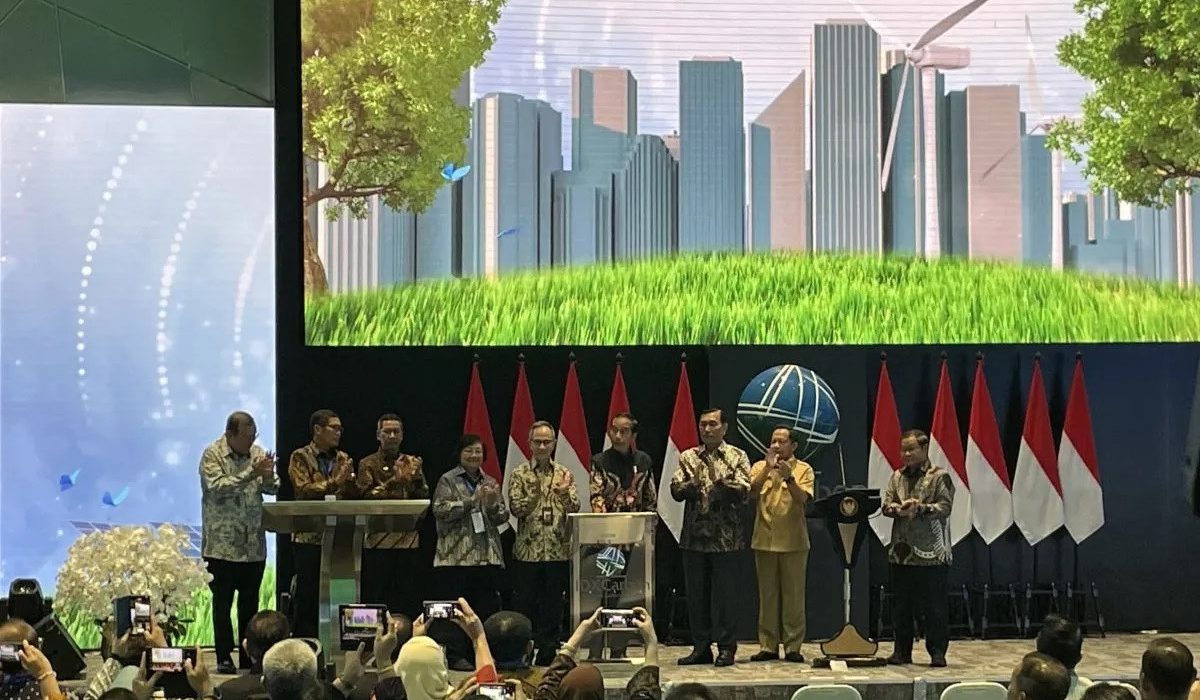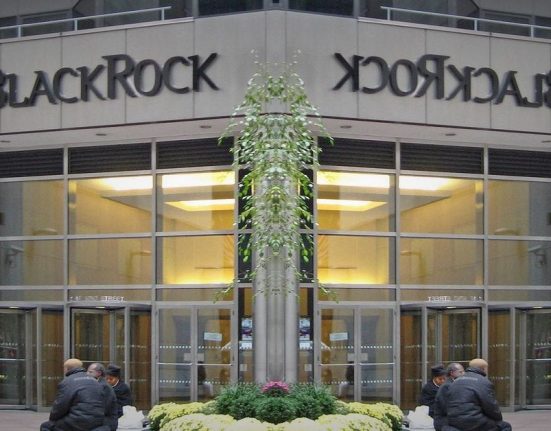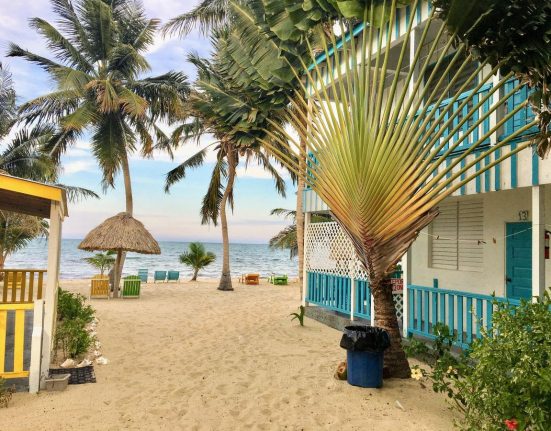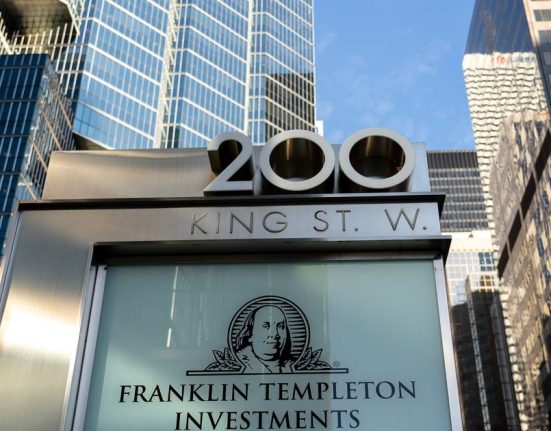s the world grapples with climate change, Asia is at a crossroads. Home to rapidly developing economies and vast ecological wealth, the region faces a stark challenge: balancing economic growth with environmental sustainability.
Nature-based solutions (NBS), which protect and restore natural ecosystems like forests and mangroves, offer a promising path forward. But can these solutions truly flourish without robust carbon markets and crucially, strong regional cooperation in Southeast Asia?
NBS boast a unique advantage, as they offer a natural way to mitigate climate change. Forests, for example, act as carbon sinks, absorbing and storing atmospheric carbon dioxide. Mangroves provide crucial coastal protection, while wetlands filter pollutants and regulate water flow.
By investing in NBS, Asian countries and companies could not only reduce emissions but also bolster biodiversity, improve water security and enhance the livelihoods of local communities.
Carbon markets, where companies can offset their emissions by purchasing carbon credits generated from NBS projects, can incentivize investments in these natural solutions. While Europe and the United States remain the largest regions where most of the carbon trading takes place, many foreign players are looking to Asia to tap initiatives that facilitate the buying and selling of voluntary carbon credits and to capture the increasing investments into the region.
However, question marks continue to hang over the ability to scale carbon markets in the region despite the market structure, which currently consists of a variety of private and public systems.
A thriving Asian carbon market would create a financial reward for protecting and restoring ecosystems, attracting investments and scaling up NBS projects such as afforestation, regenerative agriculture and mangrove conservation. This could unlock significant potential: Southeast Asia alone has been estimated to hold 30 percent of the global potential for carbon offsets from NBS by 2050.








